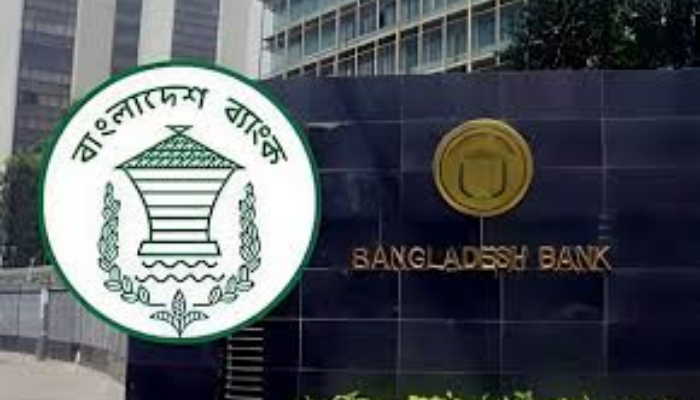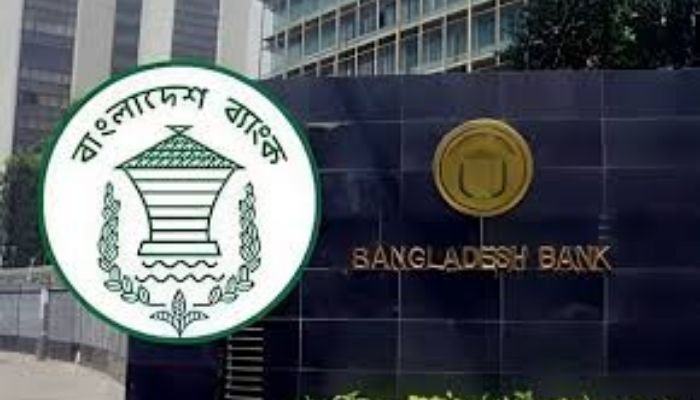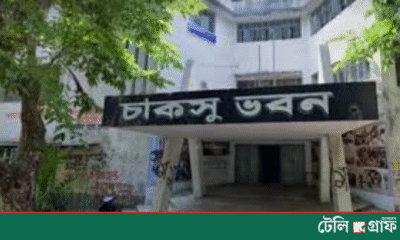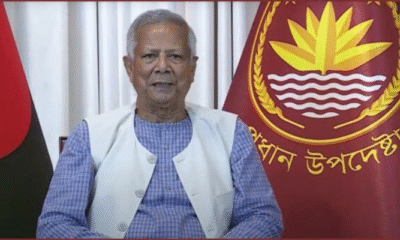Economy
Central Bank Launches ‘Clean-Up’ by Closing Nine NBFIs

Bangladesh is set to witness an unprecedented move in its financial sector as the central bank prepares to liquidate nine non-banking financial institutions (NBFIs) for the first time in history.
The institutions heading toward liquidation include FAS Finance, Bangladesh Industrial Finance Company, Premier Leasing, Fareast Finance, GSP Finance, Prime Finance, Aviva Finance, Peoples Leasing, and International Leasing. Together, these entities hold over half of the sector’s total defaulted loans.
Bangladesh Bank said the government has given policy approval, and the process will begin next month through the High Court, with liquidators to be appointed. Protecting depositors’ interests will be the top priority, officials confirmed.
Economists view the move as both a risk and an opportunity: while it may shake public confidence in the sector, it could also restore discipline and transparency by removing long-troubled institutions.
The government estimates that around Tk 9,000 crore will be required to complete the liquidation process.
Economy
Bangladesh Bank Makes Separate Shariah Committees Mandatory for Islamic Banking

To strengthen transparency and accountability in Islamic banking, Bangladesh Bank has directed all full-fledged Islamic banks and conventional banks with Islamic windows to form separate Shariah Supervisory Committees (SSC).
The circular was issued on Sunday, September 28, by the central bank’s Islamic Banking Regulation Department. It states that bank boards must appoint qualified, experienced, and neutral experts with sound knowledge of Shariah to the committees. Their primary role will be to frame Shariah-compliant policies and oversee whether Islamic banking operations adhere to those guidelines.
As per the directive, an individual can serve on a maximum of three Shariah councils. Each committee member will receive a monthly honorarium of Tk 25,000, along with an additional allowance of up to Tk 8,000 for attending each meeting.
Eligibility requirements include holding a degree in Islamic studies, Fiqh, Islamic finance, banking, law, or Arabic. A diploma or certification in Fiqh al-Muamalat (Islamic commercial jurisprudence) is mandatory. Candidates must not have a third-class/division at any stage of their education. They must also have at least two years of relevant experience and a minimum of two publications in recognized journals or books on Shariah or Islamic finance.
The board of directors will appoint the committee chairperson for a maximum term of three years. Additionally, each bank must establish a Shariah Secretariat to coordinate committee activities, manage agendas, and document Shariah opinions. In full-fledged Islamic banks, the head of the Secretariat must be within four levels of the CEO, while in conventional banks with Islamic windows, within five levels. The Secretariat head must also have at least ten years of Islamic banking experience.
The directive further stipulates that tax defaulters or loan defaulters cannot serve on the committees. In case of disputes on Shariah matters, banks must inform Bangladesh Bank. Joint meetings between the board and the Shariah committee must be held at least twice a year.
Economy
US State Department Recommends Eight Reforms for Bangladesh’s Fiscal Sector

The US State Department has put forward eight recommendations to enhance transparency and bring Bangladesh’s financial sector in line with international standards. The suggestions were outlined in its recently published Fiscal Transparency Report.
According to the report, the interim government has retained the previous administration’s budget framework while introducing some reforms to increase transparency. Although budget proposals and approved documents were made public online, the year-end financial statements were not released on time. While debt, revenue, expenditure, and resource mobilization data were included in the budget, key gaps remained, particularly the absence of separate reporting on executive branch spending.
The report also raised concerns over the independence of Bangladesh’s supreme audit institution, as it lacked the ability to conduct full audits. Information on public procurement was also limited, although transparency was maintained in contracts and licensing related to natural resources.
The State Department’s eight recommendations include: publishing year-end financial statements on time, aligning budget documents with international standards, separately reporting executive expenditures, presenting a complete picture of revenues and expenditures, ensuring the independence of the supreme audit institution, releasing full audit reports with proposals and details, publishing contracts related to natural resource extraction, and making public procurement information widely accessible.
The report noted that the interim government has already halted direct procurement practices and made natural resource extraction activities more transparent.
Economy
First Consignment of 37 Tons Crosses Benapole Land Port

Hilsa exports from Bangladesh to India have begun ahead of the upcoming Durga Puja, with the government authorizing 37 exporters to ship a total of 1,200 tons this year.
The first consignment, weighing 37.46 tons, crossed into India through Benapole land port at around 1 a.m. on Wednesday night. Six firms participated in the initial shipment. Each kilogram of hilsa was priced at USD 12.50, equivalent to about BDT 1,525.
The Department of Fisheries has directed that all exports be completed by October 5. Last year, though permission was granted for 2,420 tons, only 532 tons were exported.
Meanwhile, the announcement has driven up local hilsa prices. Just a month ago, the fish sold for BDT 1,400–1,500 per kg, but current prices have surged to BDT 2,200–2,500. Consumers fear exports will further raise domestic prices, while traders argue that the initiative strengthens bilateral trade and cultural ties between Bangladesh and India.
Hilsa, especially from the Padma River, is a delicacy cherished on both sides of the border and is considered an essential dish during Durga Puja celebrations. Hilsa exports had been banned in 2012 due to production concerns but resumed in 2019 under special exemptions for the festival season.
Data from the National Board of Revenue shows fluctuating export volumes in recent years: 476 tons in FY 2019–20, 1,699 tons in FY 2020–21, 1,230 tons in FY 2021–22, 1,391 tons in FY 2022–23, 802 tons in FY 2023–24, and 660 tons in FY 2024–25.
-

 campus1 day ago
campus1 day agoAfter 36 Years, CU Students Vote in Long-Awaited Central Union Election
-

 EDUCATION1 day ago
EDUCATION1 day agoHSC and Equivalent Exam Results to Be Published on October 16
-

 International2 days ago
International2 days agoJordan’s King Abdullah warns: “Without a Palestinian state, the Middle East will collapse”
-

 Crime and Justice2 days ago
Crime and Justice2 days agoLand dispute turns deadly in Chuadanga: One killed, three injured
-

 International2 days ago
International2 days agoIsrael kills three Palestinians accused of crossing Gaza ceasefire line










